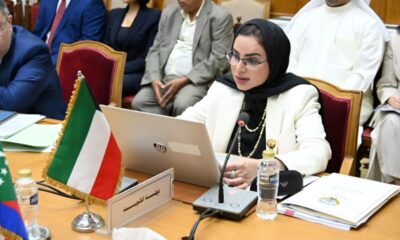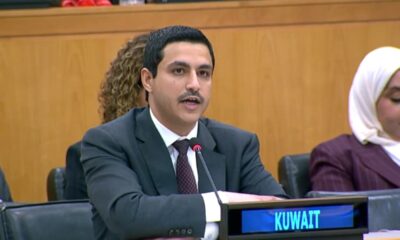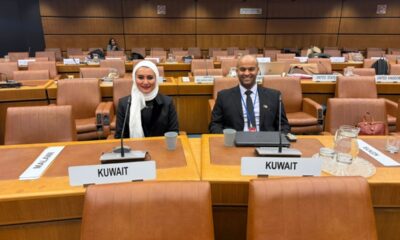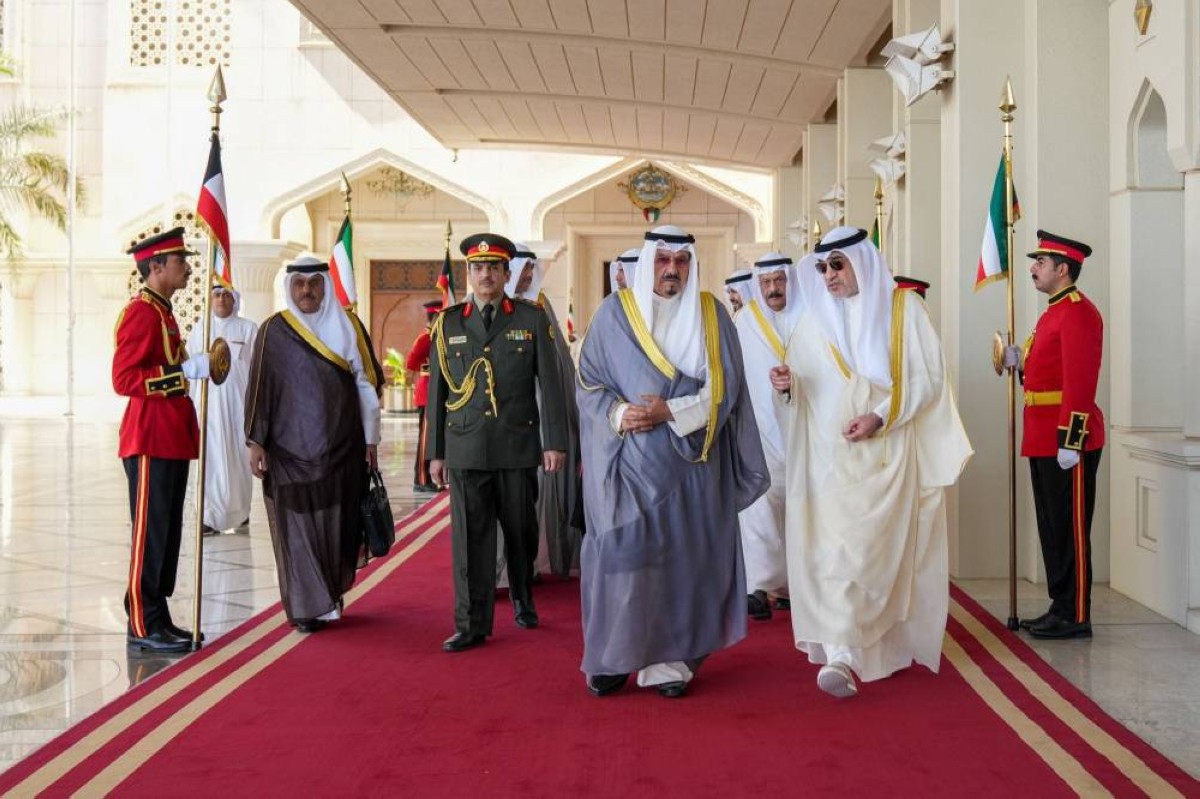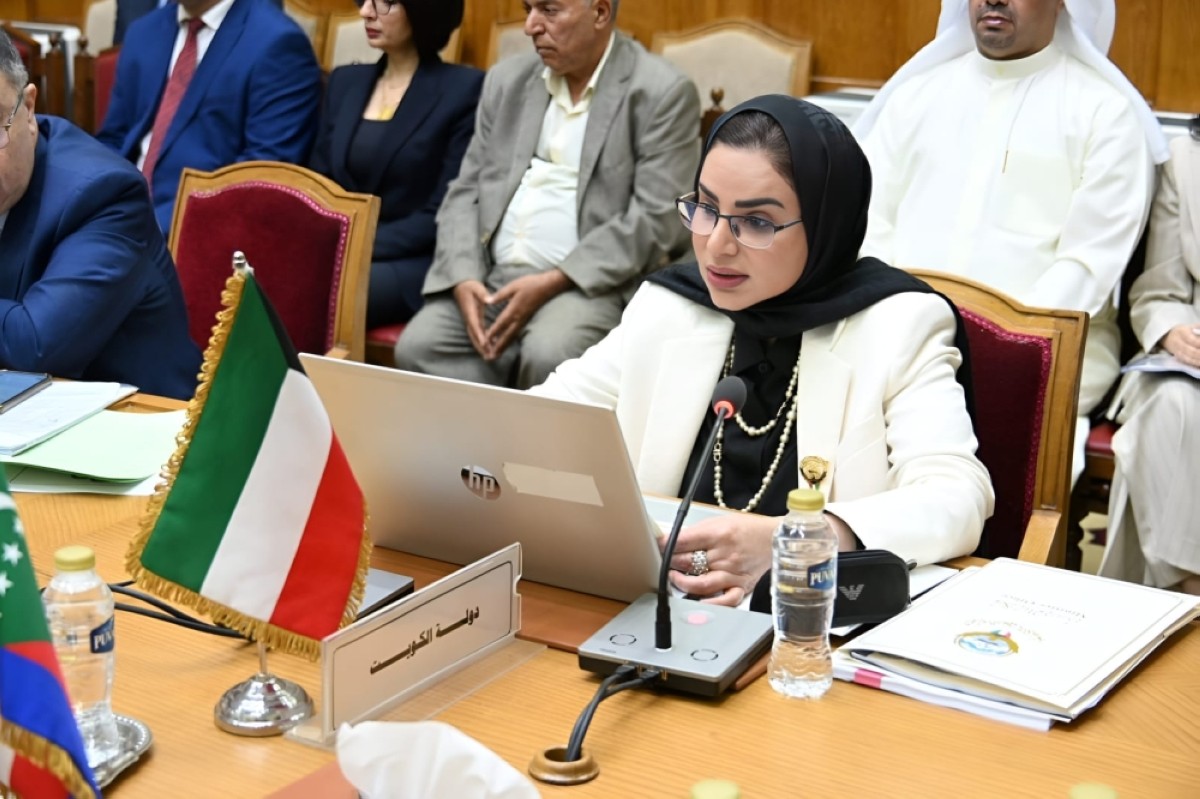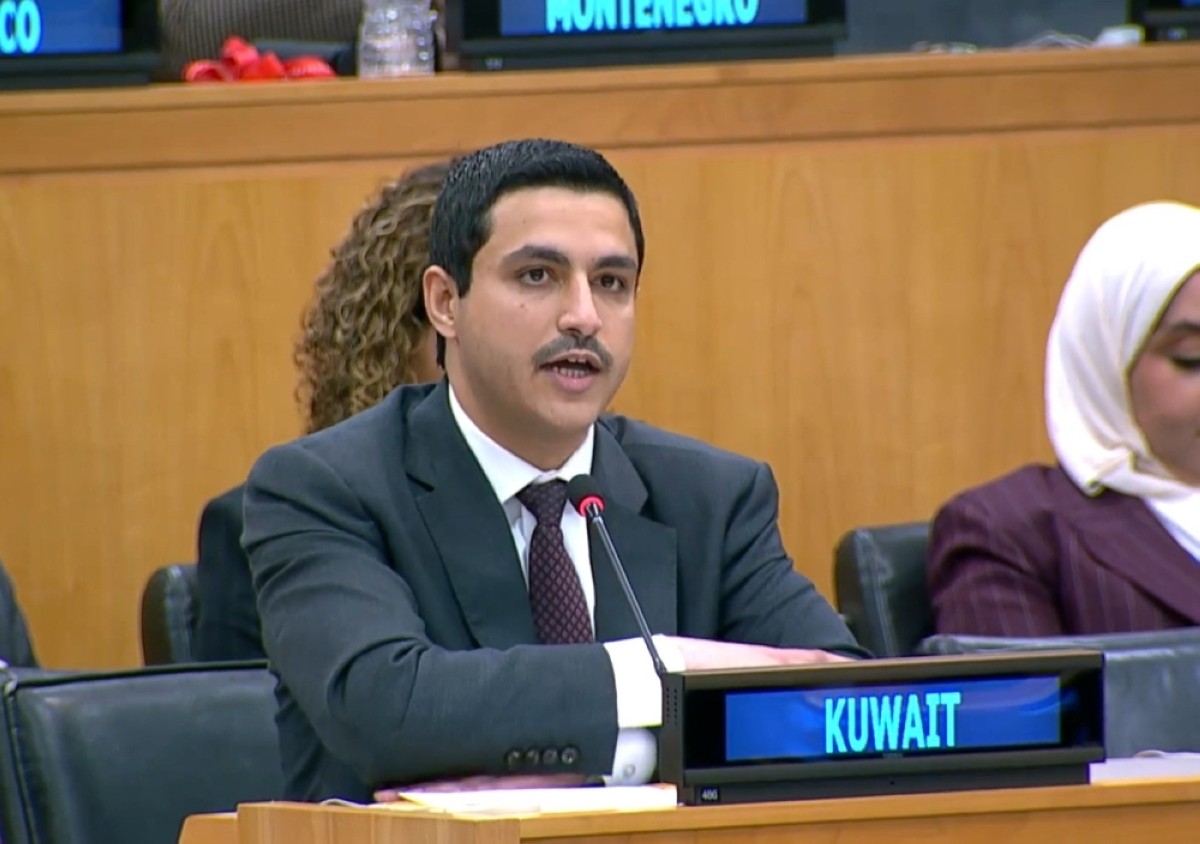Latest News
Zain Summer Program continues empowering youth in Kuwait

Latest News
Kuwait’s Prime Minister to represent Amir at Gaza Peace Summit in Egypt
Latest News
Kuwait promotes social justice and joint Arab developmental efforts
Latest News
Kuwait urges global action on poverty and climate
-

 Politics24 hours ago
Politics24 hours agoVideo of Sleeping Expat Employee Sparks Termination and Police Complaint
-

 Politics13 hours ago
Politics13 hours ago61 fire safety violations found in Kuwait’s Mubarakiya Market inspection
-

 Latest News20 hours ago
Latest News20 hours agoGraduation ceremony marks the completion of ‘Tamooh’ program
-
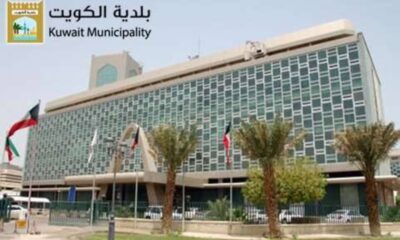
 Latest News23 hours ago
Latest News23 hours agoMunicipality launches app to streamline services and address public complaints
-

 Latest News12 hours ago
Latest News12 hours agoToday in Kuwait’s history | Kuwait Times Newspaper
-
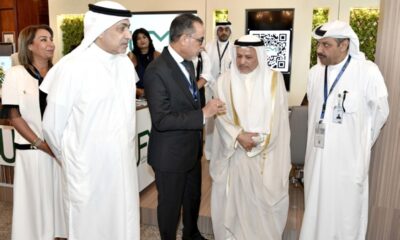
 Latest News22 hours ago
Latest News22 hours agoKuwait highlights role of AI and digital transformation
-

 Latest News14 hours ago
Latest News14 hours agoNod to conditional foreign ownership of property in Kuwait
-

 Politics3 hours ago
Politics3 hours agoHearing put off in wife murder case


